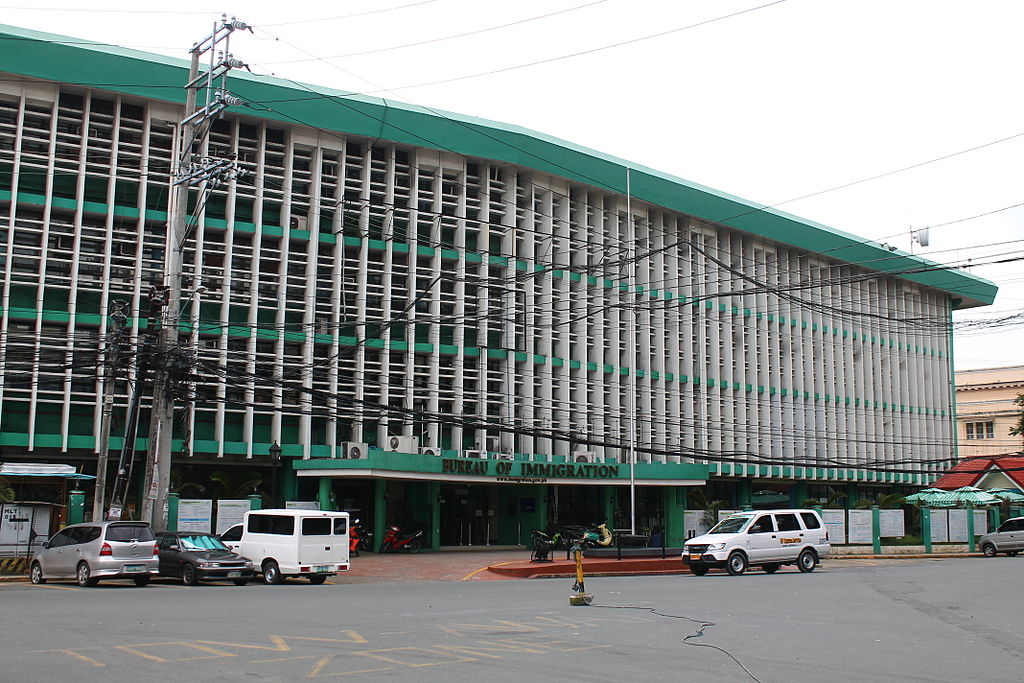THIS has been a truly landmark decision of the Supreme Court – its ruling on local governments’ “just share, as determined by law, in the national taxes which shall be automatically released to them.” (Section 6, Article X, Philippine Constitution)
For years, the national government had been computing this “just share” of local governments as 40 percent of “national internal revenue taxes,” as provided in Section 284 of the Local Government Code, RA 7160, which created the local government units.
Last July 6, the Supreme Court ruled that the computation of 40 percent must be based not only on “internal revenue” which are the taxes collected by the Bureau of Internal Revenue, but also on all other national revenue, including customs tariffs and taxes collected by the Bureau of Customs and fees and other collections by other agencies of the government such as the Bureau of Immigration.
The petition questioning the national government’s computation of the Internal Revenue Allotments (IRA) of local governments had been filed in 2012 by then Batangas representative, now Gov. Hermilando Mandanas. In his petition, Mandanas said that from 1992 to 2012, some R500 billion that should have been released as IRA to local governments had been withheld by the national government. By now, this amount due the LGUs is estimated at R1.5 trillion.
Probably because the weeks since the SC ruling have been dominated by reports on Charter change and federalism, the killing of mayors and vice mayors and priests, President Duterte’s comments about God, and rising prices blamed on the new tax law, the Supreme Court ruling was hardly noticed.
But the Department of Finance is now facing a big problem. Secretary Carlos Dominguez III said the ruling becomes specially problematic if it is retroactive, as it involves billions of pesos that the national government needs to pay back to LGUs, estimated by Dominguez at between R1 trillion and R1.5 trillion. The national government can pay only in installments if the decision is retroactive, he said.
If, on the other hand, the decision is prospective – that is, starting with the next national appropriation for 2019 – the national government will have to coordinate with all local governments on projects and programs now being handled nationally, such as farm-to-market roads. Many programs decided and implemented by the national government will now have to be devolved to the local governments, as the R640 billion they are now receiving in IRA will be increased by about 50 percent.
Many regions of the country have long been complaining that they have been generally neglected by the national government. The move to federalize the country is partly driven by this complaint. With the Supreme Court decision, more funds will now be going to the outer regions of the country. Local governments will have a greater say in what and how they wish to develop.
The Duterte administration is determined to have a new Philippine constitution around the principle of a federal system of government, but recent surveys indicate so many Filipinos – 67 percent, according to Pulse Asia survey – oppose this move. In the remote possibility that Charter change will not take place this year, the outer regions of the country can take heart from the recent Supreme Court ruling, which ensures that more funds will now be coming to them for the development of projects and programs they want and need, with or without federalism.


